
‘Our Exhibition Is an Attempt to Meet the Challenge of Conceptualism in the Most Radical Form’
On January 18–February 4, 2024, the philosophy and contemporary art exhibition ‘Exercises in Conceptualism’ took place at the Gallery Na Peschanoy (part of the Moscow City Galleries Network). The event posed a philosophical question about the phenomenon of conceptualism through the study of the artistic, institutional, epistemological (cognitive) and ontological (existential) status of explication, an important and little-studied element of modern art.

Lavsan and Kapton Tested Under Space-like Radiation Conditions
In a ground-breaking experiment, HSE MIEM researchers subjected Lavsan (polyethylene terepfthalate, polyester) and Kapton (polypiromellitimide, polyimide) polymers, commonly used in space technology, to ionising radiation for durations ranging from microseconds to several hours at temperatures of -170°C and +20°C, while comparing their electrical conductivity under extreme conditions. The study reveals that at -170°C, Kapton's conductivity is ten times lower than at +20°C. These findings can assist engineers in developing more effective protection for spacecraft against static discharges induced by ionising radiation. The study has been published in Journal of Applied Physics.
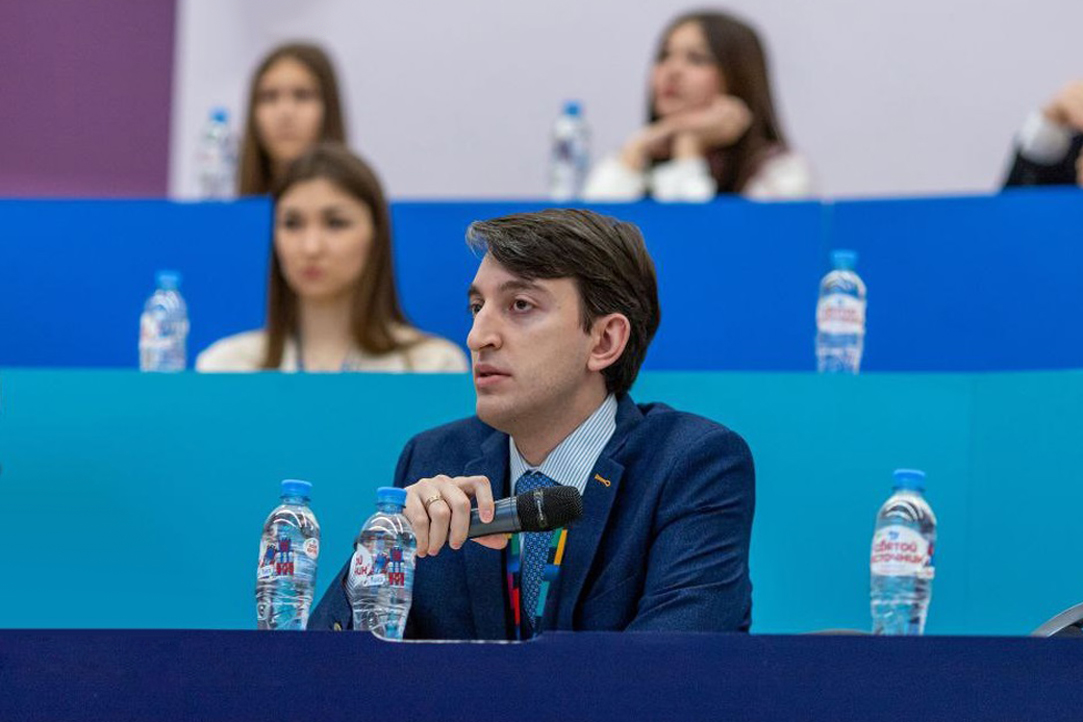
‘Our Alma Mater Wants Us Back’
Alexander Usvitskiy, who earned his bachelor’s degree from HSE ICEF (class of 2013) and his PhD from Florida State University (class of 2019), embarked on his teaching career at ICEF this past September. Here’s how these few months unfolded for Alexander as teacher, how he feels about his student years, and what projects he is working on today.
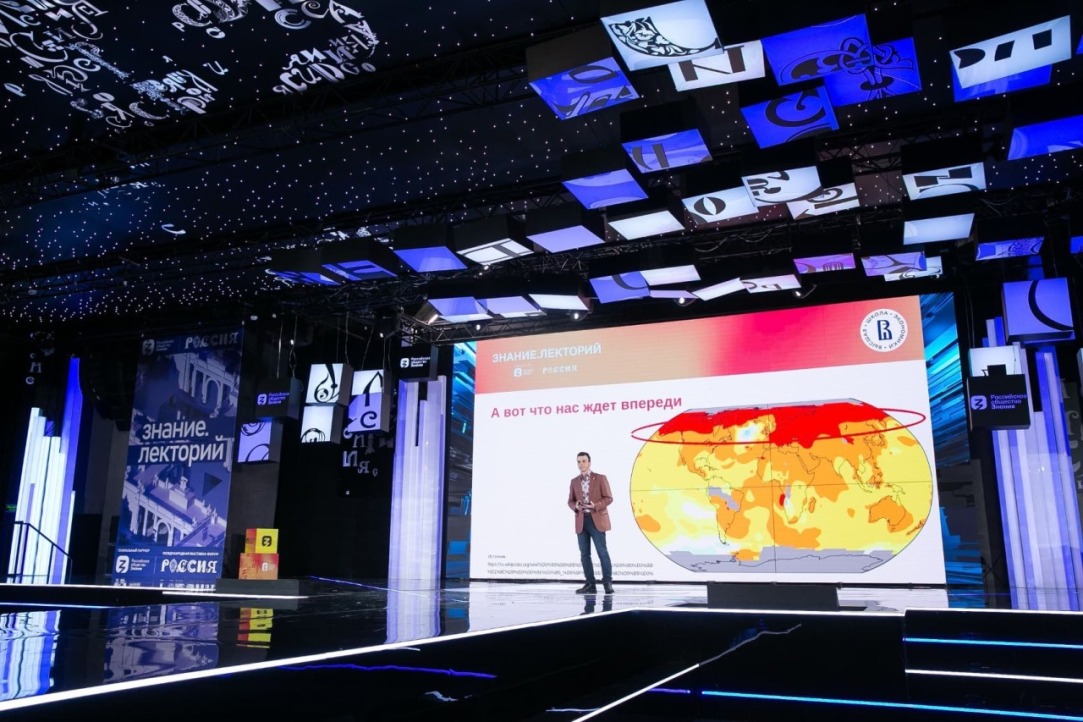
'Russia Is Not Colder, but Weather Contrasts Are Greater Here.' What HSE Scientists Shared with Visitors at 'Russia' Forum
On February 7, the lecture hall of the Russian 'Znanie' ('Knowledge') Society hosted a series of talks by HSE researchers and faculty as part of the 'Russia' International Exhibition and Forum. The talks covered a diverse array of topics, such as the interplay between innovation and creativity, how values are passed down between generations, debunking myths about Russia, the principles of successful communication in various contexts, and the concepts of collectivism and individualism. The events were open to the public.
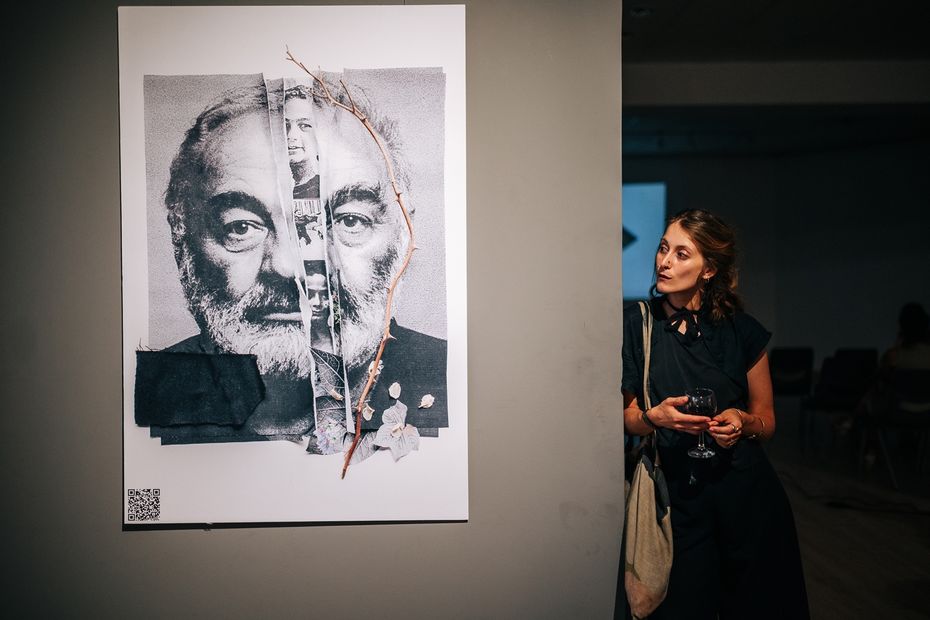
Second Season of ‘Parajanov—100’ Contest Launched at HSE Art and Design School
As part of a continuing exploration of the national cultural context, the HSE University Art and Design School and the Russian-Armenian (Slavonic) University, in collaboration with the Sergei Parajanov Museum and the Artists' Union of Armenia, have announced the second open international online contest for collage in animation dedicated to the centenary of Sergei Parajanov’s birth.
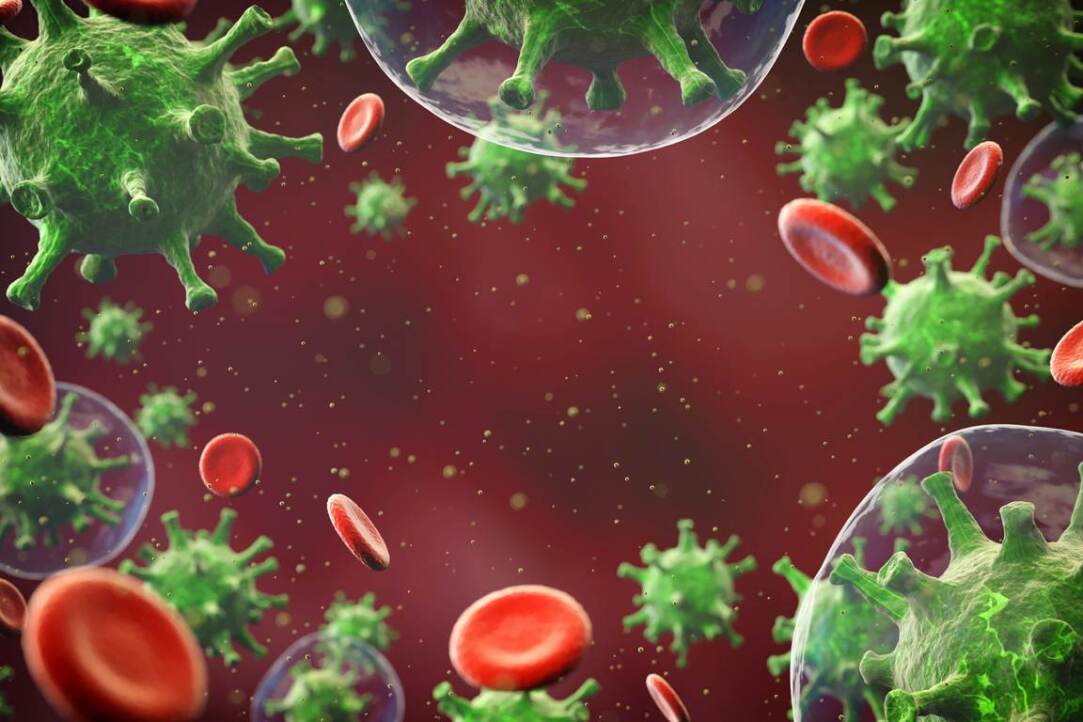
Paper by HSE Biologists Included in the Top 5 Popular Articles of PeerJ Journal
An article by researchers from HSE University’s Faculty of Biology and Biotechnology is among the most read articles published in the PeerJ journal in 2023. In the paper, the researchers establish a link between the genetic characteristics of the human immune system and its ability to effectively resist new waves of COVID-19. PeerJ is a peer-reviewed open access scientific journal covering research in the field of biological and medical sciences. Every year the editors compile a ranking of the most popular scientific papers.
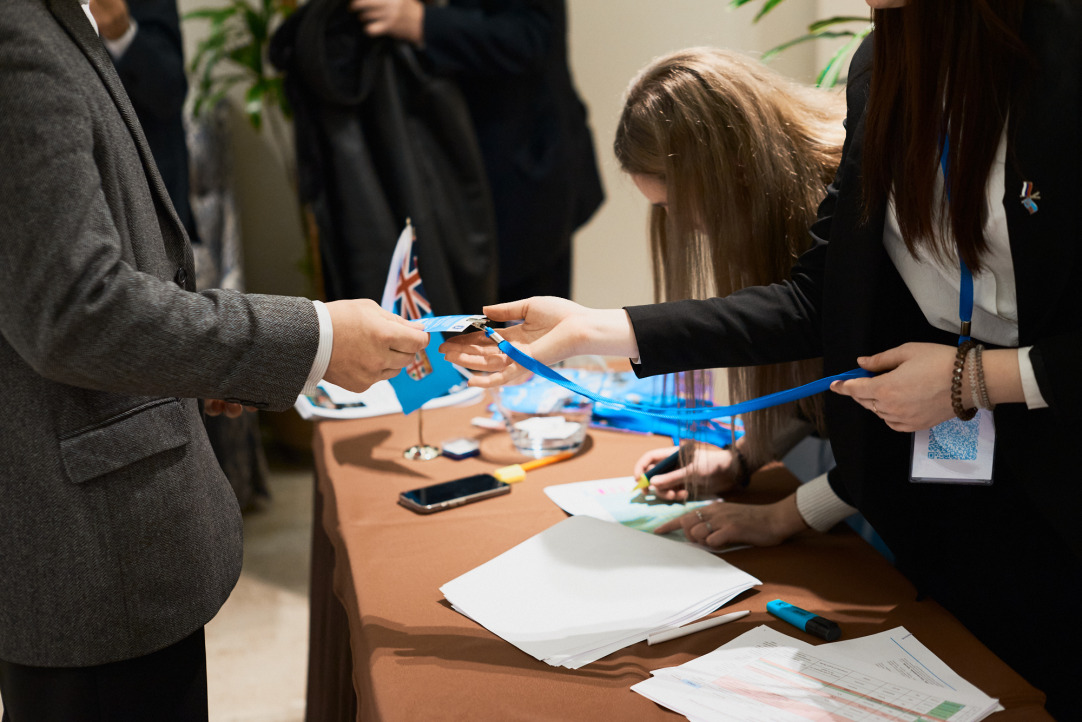
HSE University-St Petersburg Participates in Scientific Conference ‘Russia and Oceania’
On January 30, St Petersburg hosted the International Scientific Conference 'Russia and Oceania: New Challenges and Prospects'. The event was timed to coincide with the 50th anniversary of the establishment of diplomatic relations between Russia and the Republic of Fiji.
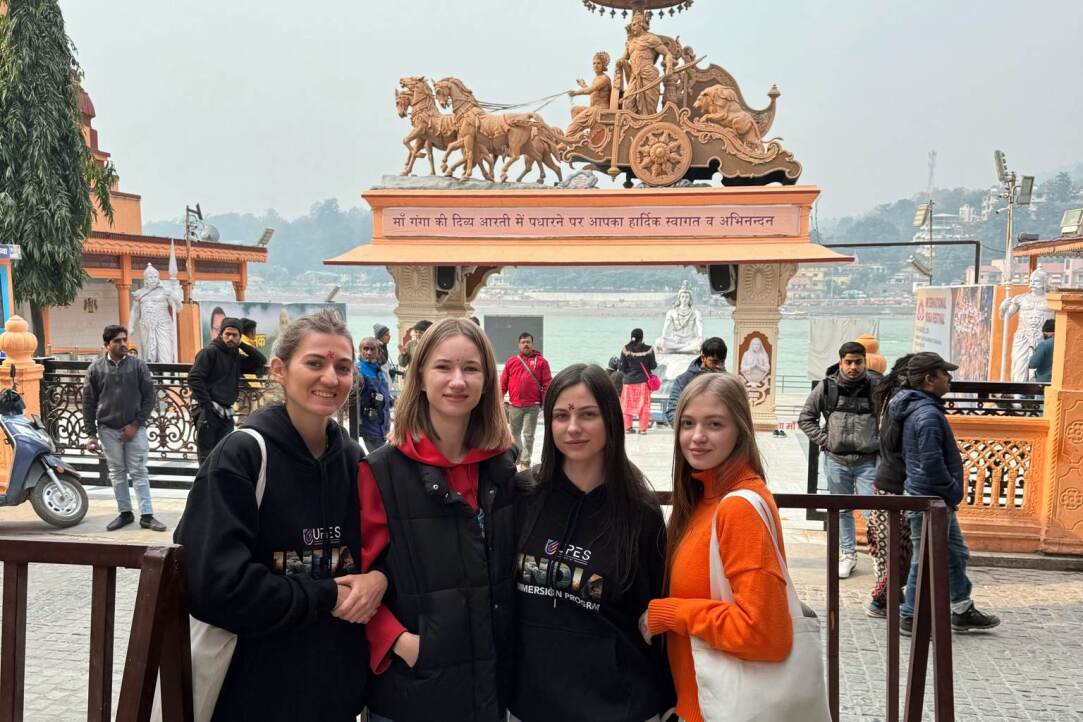
‘Anybody Who Does Not Believe in the Importance of Sustainable Development Should Visit India’
In January 2024, HSE students from Moscow, St Petersburg and Nizhny Novgorod took part in the Winter School ‘Business and Governance in India’, hosted in Dehradun by the University of Petroleum and Energy Studies (UPES). Having now completed the course, its attendees—participants of the Master’s in Sustainable Business Management at HSE Graduate School of Business—shared their impressions with the HSE News Service.

‘I Dream of Developing an Information System Devoted to Zemstvo Schools’
If Iliana Ismakaeva had not become a scientist, she would definitely have become a teacher like her parents. In this interview with the HSE Young Scientists project, she spoke about digital zemstvo studies, her walks along the Kama embankment, and virtual historical reconstructions.

‘The Fulfilment I Derive from Helping Others Makes the Programme Special to Me’
At the end of 2023, HSE University launched its International Mentoring Programme, where international alumni help current students adapt to the new environment, develop their personal skills, set goals, and make clear plans for job search and career growth. The HSE News Service spoke to participants about why the programme is interesting to mentors, what it can offer mentees, how it is it different from other career guidance initiatives, and more.

